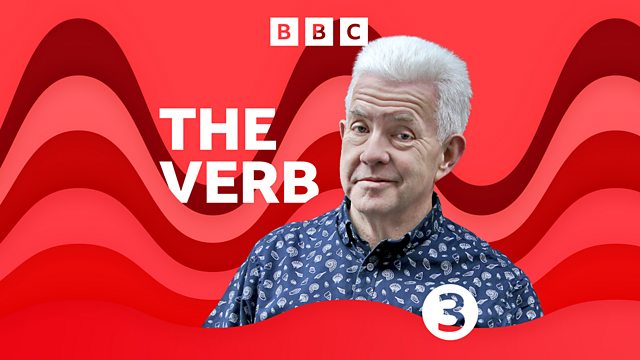The Memory Verb
Ian McMillan presents a 'memorisable' cabaret of the word - with Jenny Uglow on Edward Lear, the actor Julian Glover and improvisers Rachel Parris and Amy Cooke-Hodgson.
Ian McMillan presents a 'memorisable' cabaret of the word. Acclaimed biographer, historian and critic Jenny Uglow celebrates the language and rhymes of one of the most memorable poets in the English language, the 19th century artist and creator of nonsense rhymes Edward Lear. Rachel Parris and Amy Cooke-Hodgson are our improvisation 'queens' - they have worked together in award-winning improvisational theatre company 'Austentatious', and bravely take on an extreme memory challenge (inspired by Lear's poem 'The Owl and the Pussycat'). Martin Bommas from the University of Birmingham explores the importance of memory to the Ancient Egyptians (especially mummies ), and one of our best loved actors, Julian Glover, considers the role of memory and discusses strategies for remembering in the theatre.
Part of Radio 3's weekend of programming in partnership with Wellcome Collection: 'Why Music? The Key to Memory'.
Last on
![]()
Why Music? The Key to Memory
Wellcome Collection hosts a weekend of fascinating programmes on music and the mind.
Jenny Uglow

For our Verb on memory, Jenny Uglow explores one of the most memorisable poets in English Literature, the 19th century artist and ‘limerick’ genius, Edward Lear. Jenny explores the compact form of the limerick, and considers the impact of their last lines, their wilful eccentricities, and the way they relate to their accompanying images Not only did Lear write extremely memorable poems ( including one of the most popular in our culture, ‘The Owl and the Pussycat’) he was also preoccupied with remembering his own past. Jenny discusses how Lear poured the pain and beauty of his own memories into the strange world of his poems, making them funny without losing any of their power. Jenny’s biography ‘Mr Lear’ is published by Faber.
Julian Glover

How does an actor remember their lines? The actor Julian Glover joins us fresh from playing Julius Ceasar on stage. He’s been celebrated in recent years for his performances as Grand Maister Pycelle - ‘the most mendacious member of the King’s Council’ in the hit television series ‘Game of Thrones’, as the voice of Aragog (the spider in ‘Harry Potter’ ) and has played heroes and villains in James Bond films, Star Wars, Doctor Who, and in many other landmark productions. Julian explains how he learns trickiest part of scripts (like lists) and performs extracts of the Old English poem ‘Beowulf’ from memory. Julian delights his fellow Verb guests with readings of Edward Lear’s limericks, and an unmissable rendition of ‘The Owl and the Pussycat’.
Amy Cooke-Hodgson and Rachel Parris

How does memory aide improvisational comedy? Amy explains how personal memories inform their sketches, whilst Rachel compares the last line of Edward Lear’s limericks to the ‘call-back’ in stand-up comedy. They rise to the challenge set by Ian McMillan – to create an improvisation using as many words from Edward Lear’s ‘The Owl and the Pussycat’ as they can, in the least romantic setting we could think of, with a runcible spoon.
Rachel and Amy are on tour as part of
Martin Bommas

Martin Bommas is a reader in Egyptology at the University of Birmingham. Martin Bommas explains how beating the chest rhythmically helped the Ancient Egyptians remember their lines, and discusses the role that memory played in their death rituals (and the dire consequences of forgetting even a single word) . We discover that the Ancient Egyptians were less focused on ‘fun’ and more interested in ‘death’.
Broadcast
- Fri 13 Oct 2017 22:00�鶹�� Radio 3
Featured in...
![]()
Arts
Creativity, performance, debate
�鶹�� Arts
Explore the �鶹�� Arts website and discover the best of British art and culture.
The Dylan Thomas Collection
Listen to programmes, poetry readings and commentary from Radio 3's Dylan Thomas Day.
Podcast
-
![]()
The Verb
Radio 3's cabaret of the word, featuring the best poetry, new writing and performance






